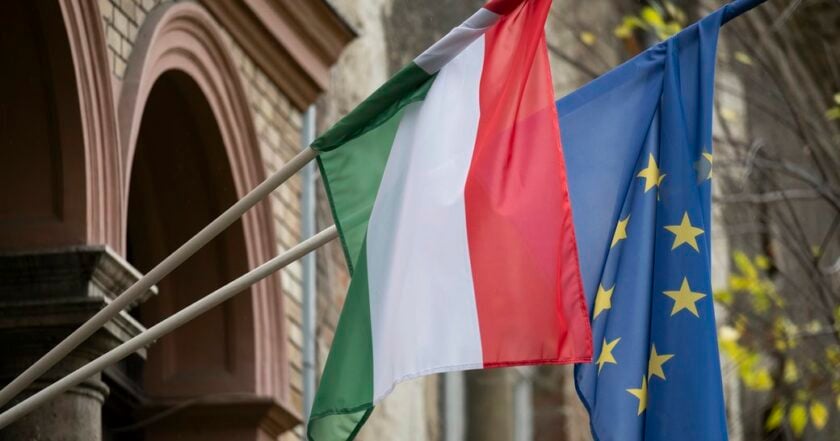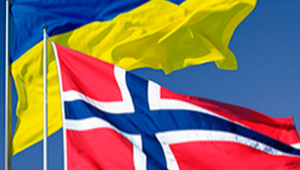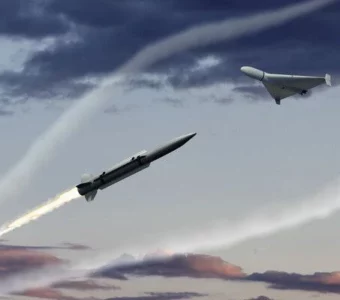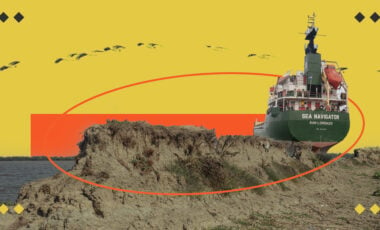Hungary blocks allocation of 50 billion euro loan to Ukraine before US elections

Photo: AP
Hungary has chosen to delay making a final decision on the disbursement of a 50 billion dollar loan to Ukraine until after the US presidential elections. Furthermore, Budapest has also postponed the decision on whether to extend EU sanctions against Russia.
According to Reuters, the Minister of Finance of Hungary, Mihály Varga, stated this.
"We believe this issue, the continuation of Russian sanctions, should be resolved after the US elections. We should see in which direction the future US administration will move in this matter," he said.
In June, the G7 leaders agreed to a loan that will be repaid using Russian central bank assets worth approximately $300 billion, currently frozen in the West. The European Union has committed to providing up to 35 billion euros from these assets to support the loan. At the same time, the remaining funds will come from the United States and other G7 countries.
Meanwhile, Washington insists on reevaluating the conditions for extending EU sanctions against Russia, suggesting a shift from six months to three years. This is crucial in securing reliable funding for the loan that the G7 nations intend to offer.
The finance ministers of the G7 countries will discuss decisions regarding this matter at a meeting in Washington at the end of October. However, the final agreements will not be made until after the elections on November 5.
For reference:
On February 24, the Group of Seven (G7) countries released a statement confirming that they would keep Russian assets frozen in their jurisdictions until the end of Russia's full-scale war against Ukraine.
It's worth mentioning that the European Union has put forward a legislative proposal to enable Ukraine to start receiving profits from the frozen assets of the Russian Central Bank as soon as July. These funds will be utilized to purchase weapons and promote the defense industry.
On March 19, the head of diplomacy of the European Union, Josep Borrell, proposed to use 90% of the revenues from the Russian Federation's assets frozen in Europe to purchase weapons for Ukraine through the European Peace Fund.
According to open information, Euroclear currently has 192 billion euros of Russian Central Bank assets on its balance sheet. The EU is looking for legal mechanisms to deal further with these frozen resources and the interest accrued on them, which has reached €5 billion over the past two years.
It should be noted that Hungary and Ukraine have had almost no high-level contacts since the full-scale invasion of Russia in February 2022. However, there have been some lower-level interactions.
Earlier, Zelensky said that during a short meeting in Argentina, he asked Orban to name at least one reason why Ukraine should not be in the EU.
Moreover, the Hungarian leader also stated that he has 75 more opportunities to block Ukraine's accession process, as each stage requires the unanimous approval of EU members.
It is worth noting that the EU approved the allocation of 10 billion euros to Hungary. However, any further allocation of funds will likely be met with stiff resistance. The other €20 billion, which belongs to Hungary, is held under a separate procedure that gives Brussels the leverage it needs.
However, Hungary participated in the peace summit in Switzerland on June 15-16. The country was represented at the event at the Minister of Foreign Affairs level.





















































